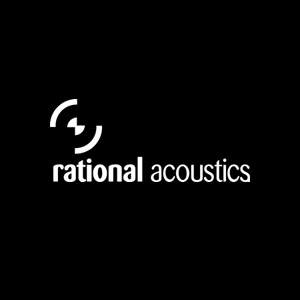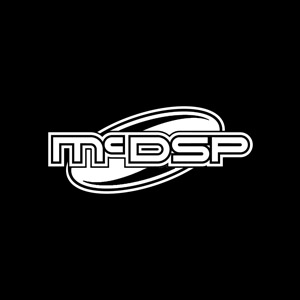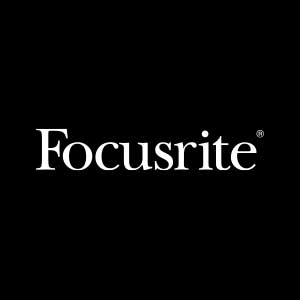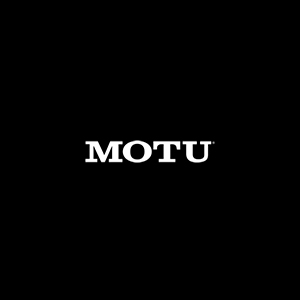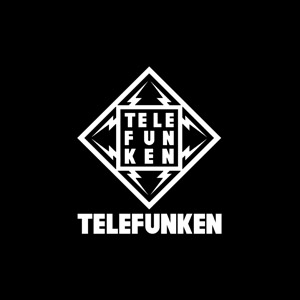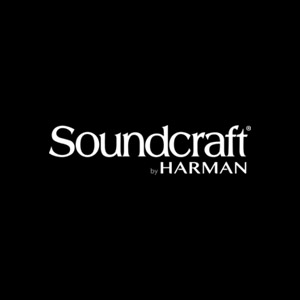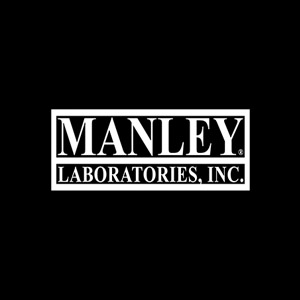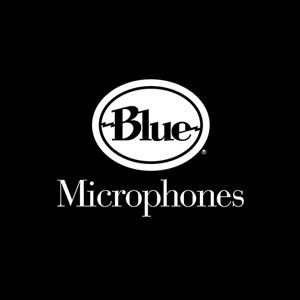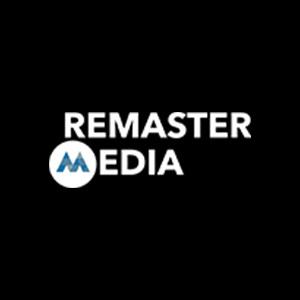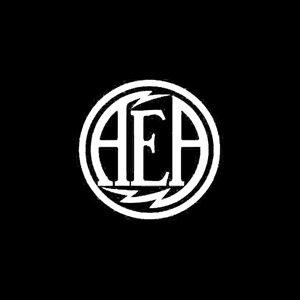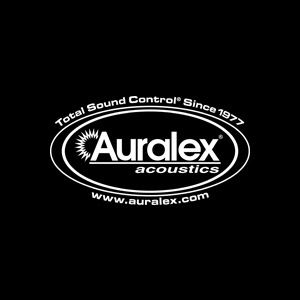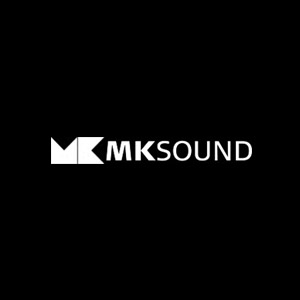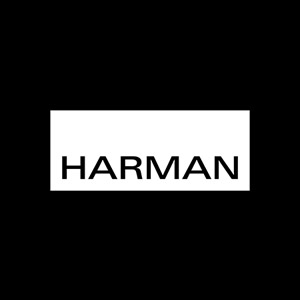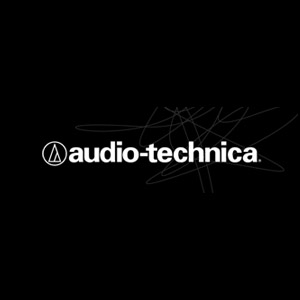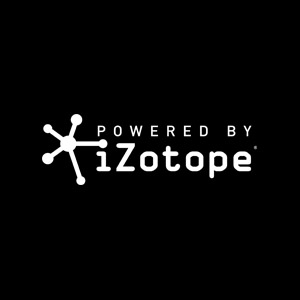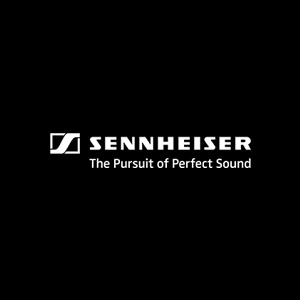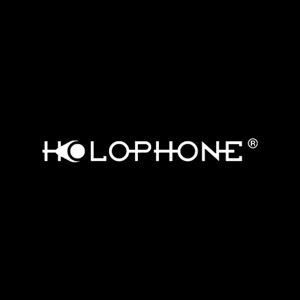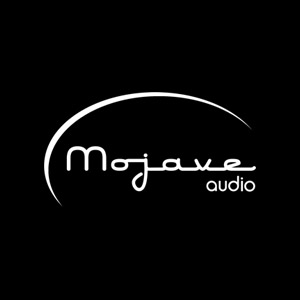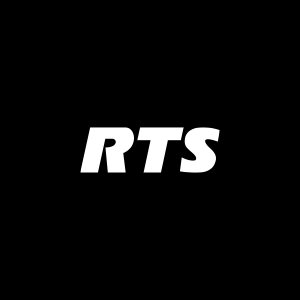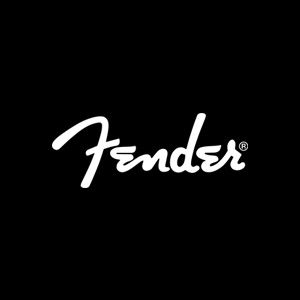Since 2006 Catherine Vericolli has run her Fivethirteen Recording in Tempe, outside of Phoenix, Arizona. Along with long-time engineer Dominic Armstrong, she’s kept the studio busy and growing in a difficult market. I was curious to find out how she started up, and what she’d learned along the way, so I dropped in to visit, see the studios, and discover more about her career.
Where did you learn recording?
I went to The Conservatory of Recording Arts and Sciences [CRAS] in 2003 and 2004. I was one of those annoying students that everybody hated who did well. Before that, I didn’t know what I wanted to do. I was never in band and I didn’t play instruments, but I was always a super avid listener as a kid. I got into music really young; I’d buy cassette tapes and CDs. Sometimes I miss those days, because there was that wonder. I remember when I got to CRAS, I was like, “Oh, yeah!” I remember hearing a dry vocal for the first time. “Wait, there’s not reverb on vocals automatically?” I went in knowing nothing at all. I was into the music scene here; friends were musicians, but I wasn’t in a band. I was so obsessed with music. I decided, “I think I want to build a studio in Phoenix.” I wanted to build a place for my friends who were making records. I wanted this to be a community space. The first record we did here was a great local band called Sweetbleeders. [Bandleader] Robin Vining’s now the auxiliary player in Jimmy Eat World. Mike Hissong was their engineer for years. He came and made a record here. I asked, “Do you want to make more records here?” I was 23. We were working well together and he never left. Now Mike’s been on staff here since. We’ve had the doors open and have been an active, open recording studio for 13 years, which is hard in any market. In Phoenix, it’s extra hard. We’re working with a lot of young bands. As a local band, it’s easy to get on a bill. All these places are saying, “We need to get music in here.” There are some wonderful bands here, and have been for a long time, but what we have is a lot of bands that maybe shouldn’t be getting shows that are getting shows.
Maybe a little bit premature.
They have a false sense of ability, maybe. “Oh, we played a few shows, and now we want to go make a record.” They come into the studio and realize, “We’ve never even heard each other before!” We’ll get bands who aren’t necessarily ready to kick that out. It’s a tough market. When I built the studio in my 20s, it was, “This is going to be awesome! It’s going to be tons of fun. We’re going to make records.” It was very music scene and music community focused. I’d been good friends with [singer/songwriter] Lonna Kelley. I wouldn’t have built a studio if it hadn’t been for Lonna. I went to audio engineering school and was already working with Lonna as an engineer. At the time, there wasn’t a great studio to work out of. There was a crazy, giant studio in Chandler, Arizona, that was $1,000 a day. After opening I realized, “Oh, fuck; I have to make money! I have to pay bills.” This can’t just be a thing that’s super fun. It still is fun, but I had to find different sources of revenue. Because it’s such a young city, it’s the chicken and the egg. You need good bands to push other bands to be better for the scene to grow. The problem is that when there’s a band in a position to do that for this community, they’ll say, “I’m going to move to L.A.”
It’s not that far away.
I don’t blame them. Since I got into this in 2005, the bands are not that much better or well-known than they were 14 years ago. The focus has shifted over the years from trying to make the scene and the community better to making us better. “How are we going to become better engineers? How are we going to grow in a community that’s tough to grow in?” It’s tough to be a good engineer when you don’t have good ingredients.
Great music, great artists, and great bands make us look good.
They do. If you have a good band and put the right mics up, at the end of the day it’s not…

